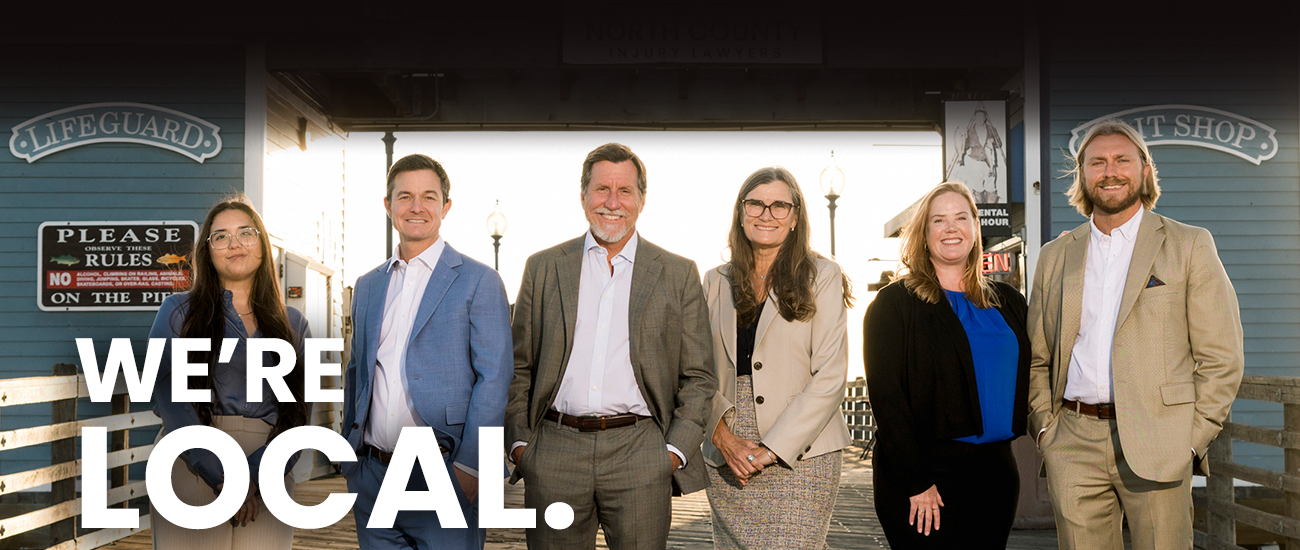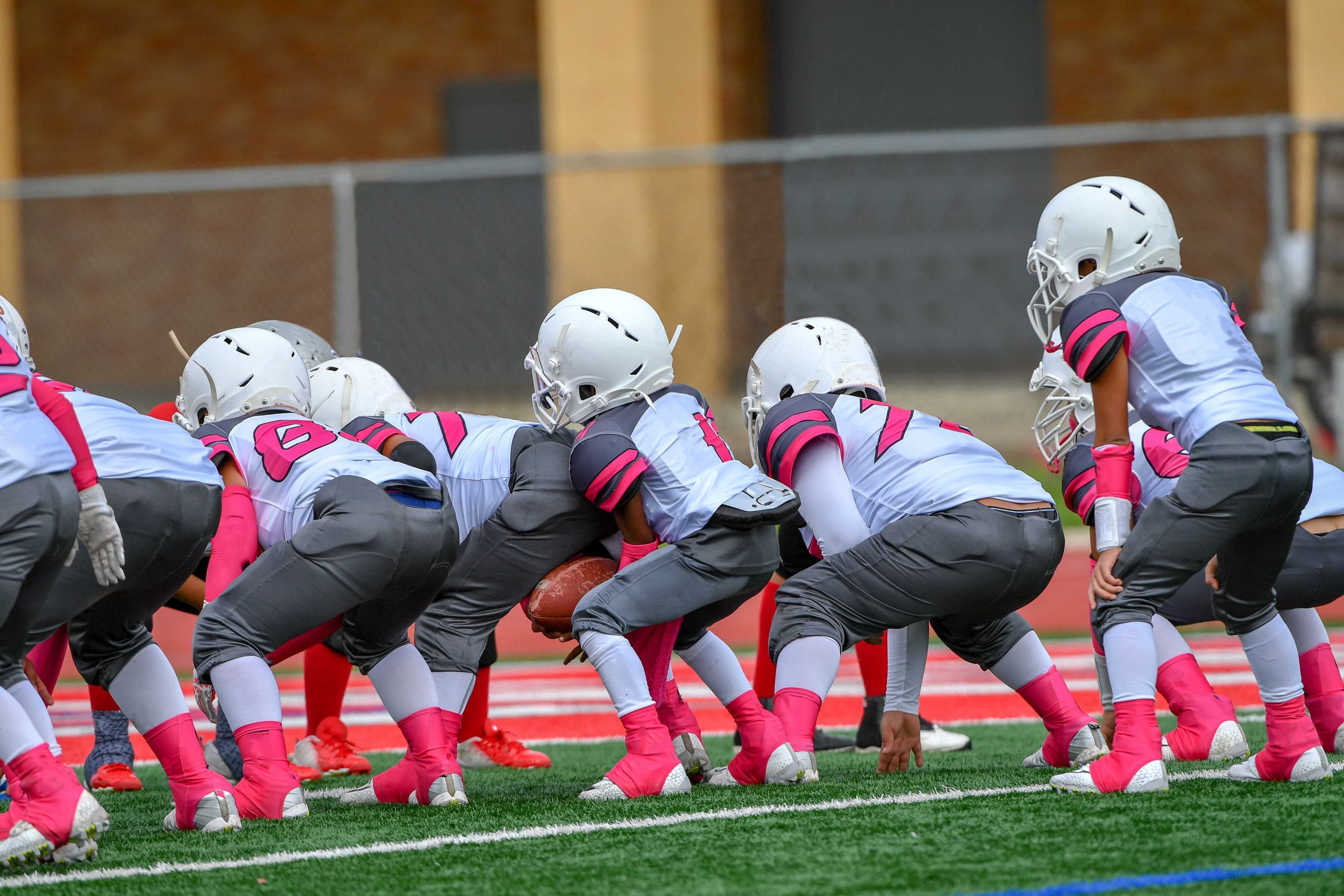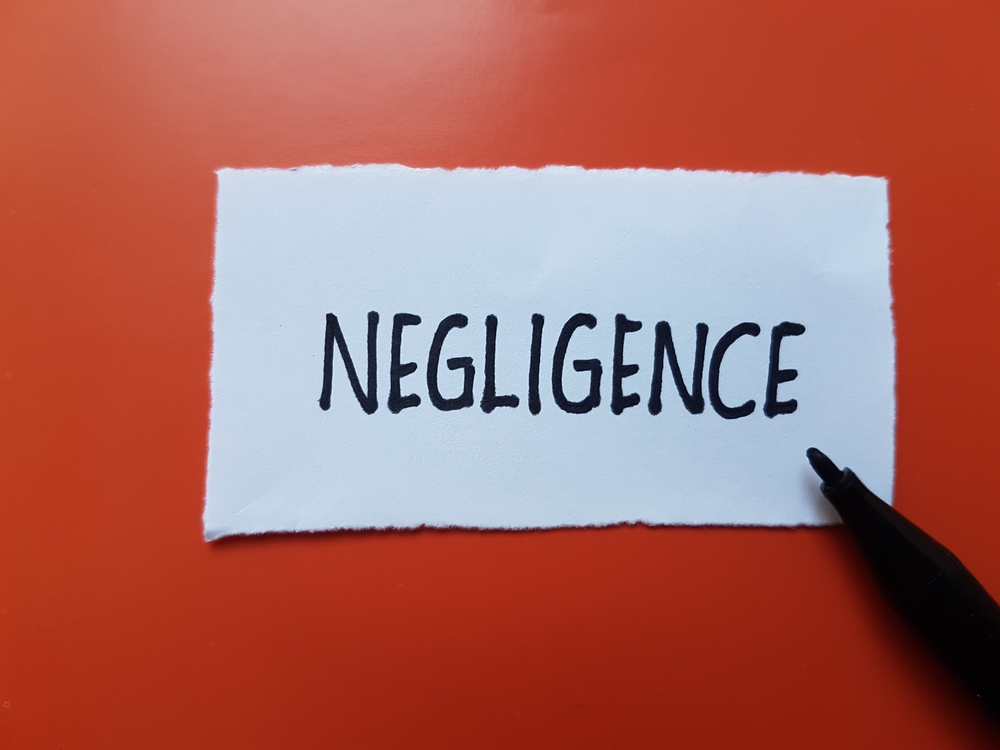Negligent drivers are a serious problem on the streets and highways of Escondido, California. Whether it’s a distracted driver looking at their phone, a speeding vehicle blowing through a red light, or someone driving aggressively during rush hour, these careless actions can have devastating consequences. If you or someone you love has been injured in…
Continue reading ›Articles Posted in North County San Diego
If you’ve been injured in an accident in North County San Diego—whether it happened in Oceanside, Carlsbad, Vista, Escondido, San Marcos, or anywhere in between—you may be offered a settlement from an insurance company. It might seem like a relief to have money on the table, but it’s important not to rush. Signing a settlement…
Continue reading ›Whether you are a California resident or a recent visitor to the state, if you stayed at a hotel or motel in Oceanside and suffered any type of injury, the hotel could be responsible. Data from Statista shows that California is one of the most-visited states in the country, ranking third after New York and…
Continue reading ›Construction sites are inherently dangerous, but when companies fail to follow long-established safety rules, those dangers become deadly. That’s exactly what happened to 27-year-old Joel Olea Gomez of San Marcos, who tragically lost his life in a preventable trench collapse at a Scripps Ranch job site in August. Joel was working for W.A. Rasic Construction,…
Continue reading ›Teenagers in Poway and throughout Southern California are involved in contact sports at school and in local leagues, putting those teens at risk of concussions. Much of the research over the last decade on concussions, football, and chronic traumatic encephalopathy (CTE) has focused on college and professional athletes and, more recently, high school players. Yet…
Continue reading ›When another person’s careless or reckless behavior causes harm to another party in Escondido, for example, the careless or reckless person can be civilly liable for that harm in the local Superior Court. In order to hold a party accountable, you will typically need to file a personal injury lawsuit. While there are different theories…
Continue reading ›Getting hurt in an accident in San Marcos, or because you used a consumer product or interacted with a neighbor’s dog, can be devastating under any circumstances. Nobody should have to suffer this kind of harm, yet personal injuries are common and can vary in terms of their severity. No matter what kind of injury…
Continue reading ›Each year as the holiday season approaches in North County San Diego and throughout Southern California, news reports begin to announce toy recalls and dangerous toys that may pose serious injury risks to kids. According to the Consumer Product Safety Commission, about 155,000 kids under the age of 13 require treatment in emergency rooms for…
Continue reading ›When it comes to personal injury representation in Oceanside and the greater North County area, North County Injury Lawyers stands out as the trusted choice. Voted Best Personal Injury Law Firm in North County, we have a proven track record of delivering exceptional results for individuals and families affected by life-altering injuries and wrongful death.…
Continue reading ›In many types of personal injury cases in Escondido and throughout North County, more than one party may be responsible for causing another party’s injuries. For example, in a motor vehicle collision, a pileup accident might have resulted from one driver’s distracted driving and another’s speeding, all of which led to damage to a third…
Continue reading ›













